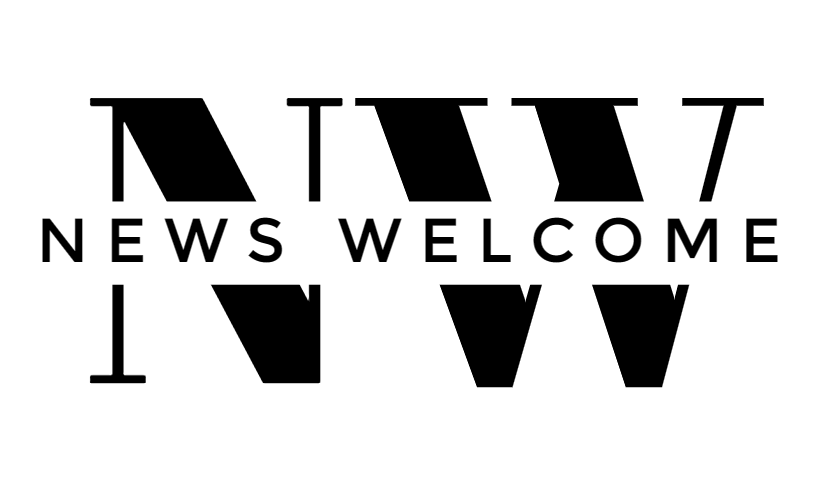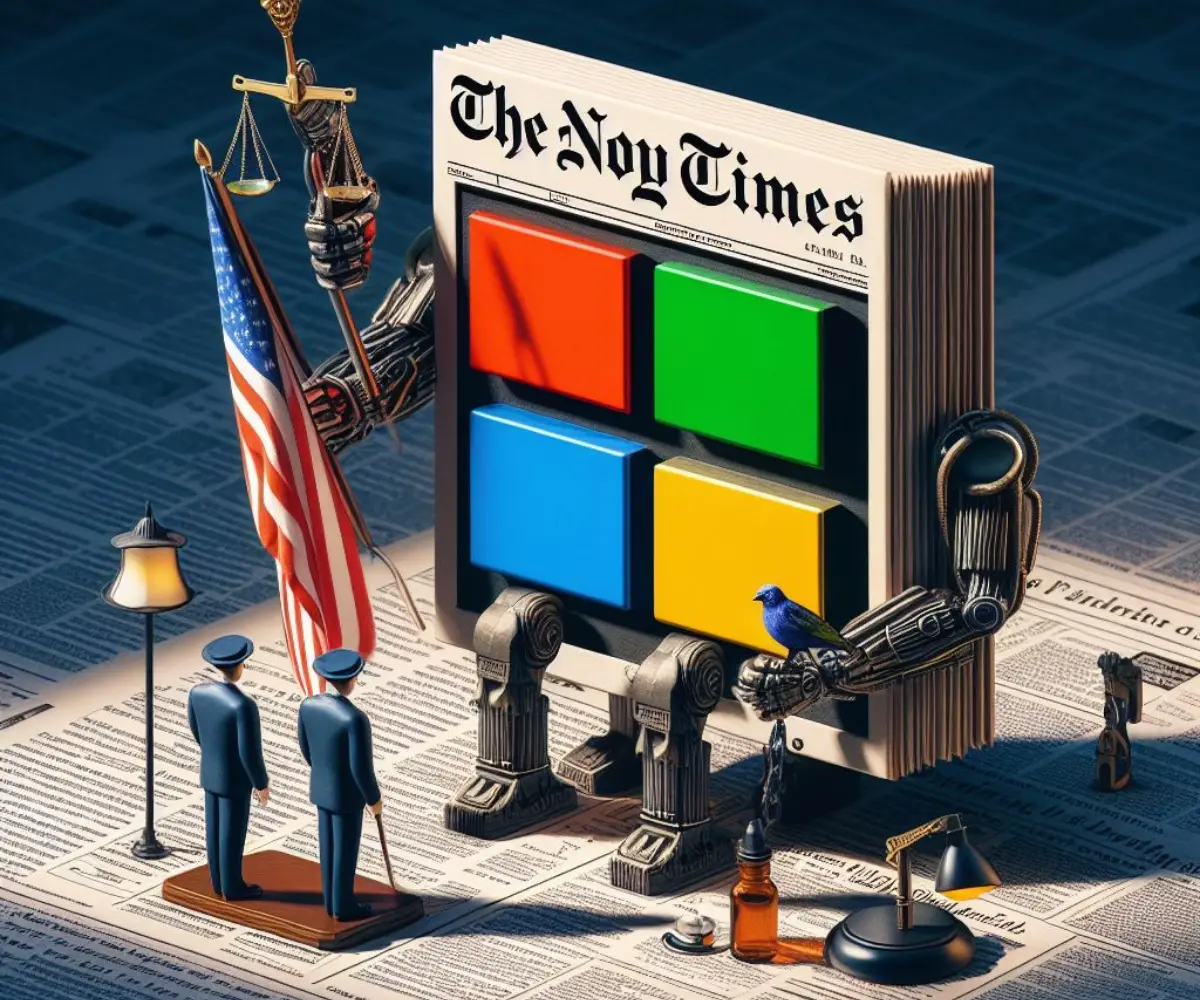Unprecedented Legal Battle Unfolds
In a groundbreaking legal move, The New York Times (NYT) has filed a lawsuit against OpenAI and Microsoft, alleging copyright infringement on December 27. The renowned media giant claims that both tech entities utilized millions of the newspaper’s articles without authorization, specifically for training artificial intelligence technologies, including the creation of ChatGPT and other AI platforms.
The Allegations: A Clash Between Media and AI Titans
OpenAI and Microsoft Accused of Exploiting NYT’s Content
The crux of the lawsuit revolves around The New York Times’ assertion that OpenAI and Microsoft have, without permission, leveraged its extensive journalistic content to develop AI products, essentially capitalizing on the newspaper’s substantial investment in journalism. The complaint, filed in the Manhattan federal court, argues that the defendants are attempting to “free-ride” on The Times’s intellectual property for their own gain.
Times Aims for Accountability and Damages
The Times is not seeking a predetermined amount of damages but contends that OpenAI and Microsoft have caused “billions of dollars” in harm. Additionally, the newspaper is pushing for the destruction of chatbot models and training sets that incorporate its copyrighted material. This legal action marks The Times as the first major U.S. media organization to take such steps against these tech giants, setting a potential precedent for others.
The Response: OpenAI and Microsoft Silent Amidst Legal Storm
Deafening Silence from Tech Titans
Despite the magnitude of the allegations, both OpenAI and Microsoft have yet to provide any official response. The absence of immediate comments raises questions about the potential implications and the legal strategies that may unfold in response to The Times’ accusations. The tech community awaits eagerly for their side of the story.
Industry Impact: AI’s Dance With Copyright Law
OpenAI’s Valuation and Previous Copyright Disputes
Investors have valued OpenAI at over $80 billion, underscoring its significant presence in the AI landscape. However, this isn’t the first time OpenAI has found itself entangled in copyright disputes. Renowned novelists, including David Baldacci, Jonathan Franzen, John Grisham, and Scott Turow, have also filed lawsuits against OpenAI and Microsoft, alleging potential co-opting of tens of thousands of their literary works.
Sarah Silverman’s Comedy in the Legal Arena
Adding to the legal quagmire, comedian Sarah Silverman filed a lawsuit in July against both OpenAI and Meta Platforms, claiming that her book, “The Bedwetter,” was allegedly “ingested” to train ChatGPT. This illustrates a broader concern within the creative community regarding the potential misuse of copyrighted material by AI systems.
Legal Landscape: The Complexity of Copyright in the Digital Age
Balancing Innovation and Copyright Protection
As AI technology continues to advance, the legal landscape surrounding its usage becomes increasingly complex. The intersection of innovation and copyright protection raises questions about the responsibility of tech companies to respect intellectual property rights. This case against OpenAI and Microsoft is likely to become a landmark example that defines the boundaries between technological advancement and the protection of creative works.
The Path Forward: Unraveling the Legal Intricacies
Potential Implications for AI Development
The outcome of this legal battle could significantly impact the future development of AI technologies. If The New York Times prevails, it may set a precedent that forces AI companies to be more cautious and respectful of copyright laws, potentially shaping the trajectory of AI innovation in the years to come.
Media’s Role in Shaping AI Ethics
This case also underscores the evolving role of traditional media organizations in influencing ethical considerations within the AI space. As technology continues to evolve, media outlets may find themselves increasingly at the intersection of innovation and the protection of intellectual property.
FAQs: Navigating the Nuances
Is this the first time OpenAI and Microsoft are facing copyright lawsuits?
No, several novelists previously filed lawsuits against both companies, alleging the unauthorized use of their literary works.
What is The New York Times seeking in damages?
The Times is not specifying a particular amount but claims damages in the billions, citing the extensive harm caused by OpenAI and Microsoft.
How might this case impact the AI industry?
The case could set a precedent for how AI companies handle copyrighted material, potentially influencing the ethical considerations of AI development.
Final Thoughts: A Pivotal Moment in Media and AI Relations
As The New York Times takes on tech giants OpenAI and Microsoft, the legal battle unfolding in the Manhattan federal court has far-reaching implications. Beyond the immediate quest for damages, this case prompts a broader conversation about the ethical use of copyrighted material in the era of artificial intelligence. As the legal drama unfolds, the tech industry and creative communities alike are keenly watching to see how this clash between media and AI titans will shape the future landscape of innovation and intellectual property protection.

Bernie Grady is a technology and business journalist who writes about trending topics in the world of technology, entertainment, and business. She has a keen eye for spotting new trends and loves to share her insights with her readers. Bernie has been writing professionally for over 10 years and has experience covering a wide range of topics. When she’s not writing, she enjoys spending time with her family and friends.

